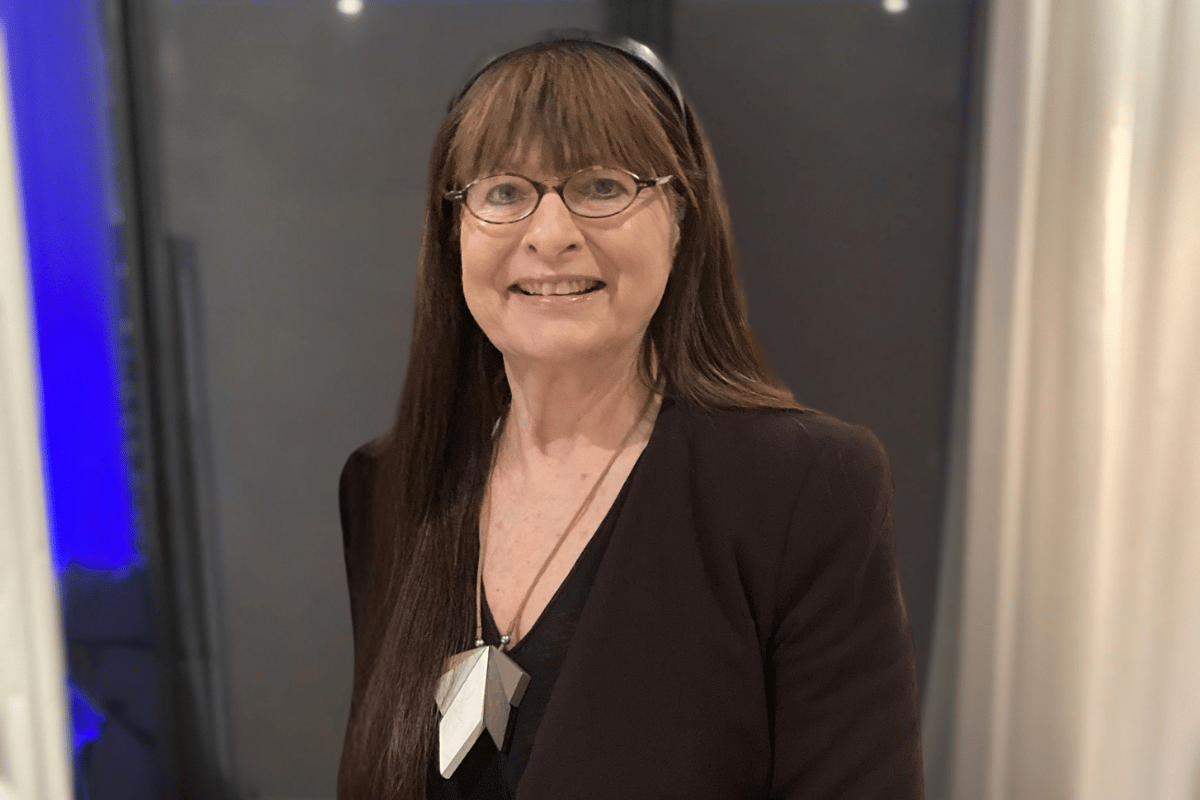
For Jane Turner, it started when she was 10 years old.
"I began using food to calm myself and push my emotions away," the 62-year-old author told Mamamia. "I'd steal money and nick down to the shops to get extra food.
"I might get two family blocks of chocolate, then a huge packet of chips, and then it would become more and more and more. I was essentially eating to numb myself. I'd get to the stage where I just have to lie down. That's how far it went."
Then, when Jane entered adolescence and noticed she had gained weight, it was as though she had "flipped a switch" in her brain.
"I would then go into starvation mode and eat really, really small amounts. Then, of course, the body would kick in, and I'd think to myself, 'I'll just get a bit of cheese or whatever'. That would lead to the next binge. I used to flip between these two states that were both incredibly unhealthy."
Lester Morse's addiction story came later. But his vice wasn't food.
"In addiction, your thinking becomes so narrow, and the torment of being trapped in your mind is unbearable," he told Mamamia. "It's hard to explain unless you've been in that state of mind.
"My mind was closed and not capable of handling the full weight of reality without the numbing effects of alcohol and drugs."
Watch: Jackie O opens up about drug addiction. Post continues after video.




























































































